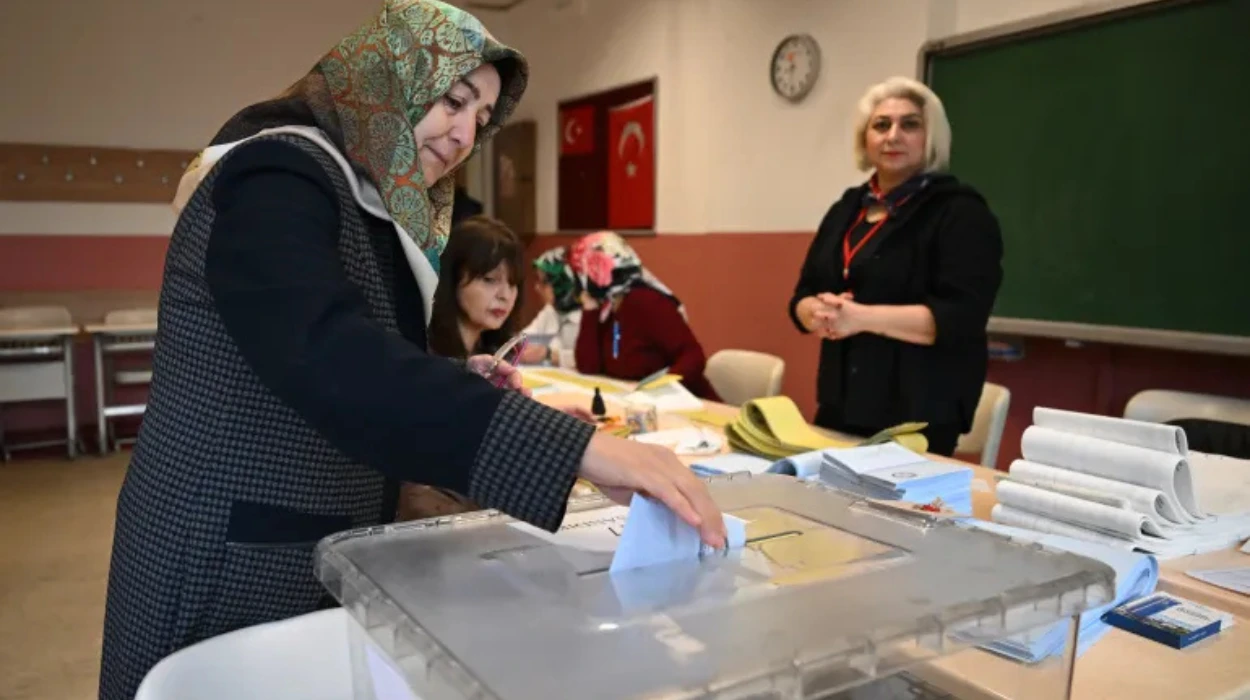Turkey (Transatlantic Today) — March 31, 2024 Voters in Turkey have cast their ballots in local elections, a key political event for President Recep Tayyip Erdogan. These elections are a barometer of Erdogan’s political standing, as control over critical urban centers like Istanbul and Ankara are up for grabs. Both cities were lost to the opposition in 2019, a significant blow to Erdogan’s Justice and Development Party (AKP).
Battle for Istanbul and Ankara
For Erdogan, regaining control of Istanbul, his political birthplace and the economic powerhouse of Turkey, is crucial. Istanbul has over 16 million residents and represents a symbol of political power and international visibility. Ekrem Imamoglu, the current mayor of Istanbul from the Republican People’s Party (CHP), is seeking re-election amid growing political and economic challenges.
In the capital, Ankara, incumbent Mansur Yavas of the CHP is expected to retain his position despite challenges from Turgut Altinok of the AKP.
Election Amid Economic Struggles
The elections are taking place against the backdrop of a severe economic crisis, with inflation soaring to 67.1% and widespread discontent over the cost of living. Voter turnout is traditionally high in Turkey, but economic hardships and political disillusionment may affect participation.
Erdogan’s Long-Term Goals
A strong performance in these local elections could strengthen Erdogan’s bid to push for a new Turkish constitution, reflecting his conservative values and possibly extending his rule beyond 2028. A win for Imamoglu in Istanbul could propel him to national leadership, challenging Erdogan’s dominance in future elections.
Opposition and Divisions
The opposition, weakened after last year’s presidential defeat, sees these elections as a chance to regain momentum. However, internal divisions, including fractured support for Imamoglu, may impact the opposition’s success.
As tensions rise, Turkey’s political future hangs in the balance. The results of these local elections will have far-reaching implications for both domestic and international politics.


























